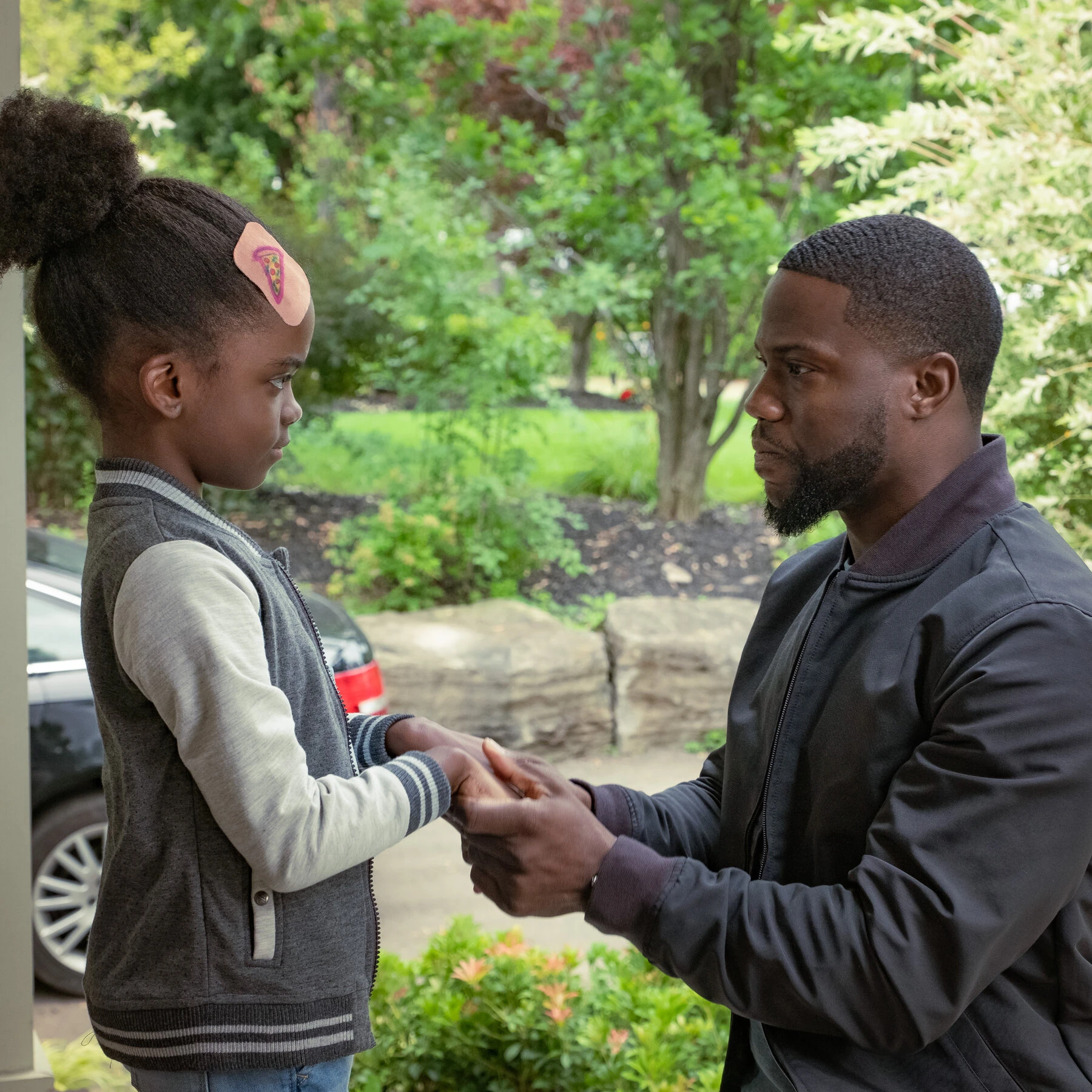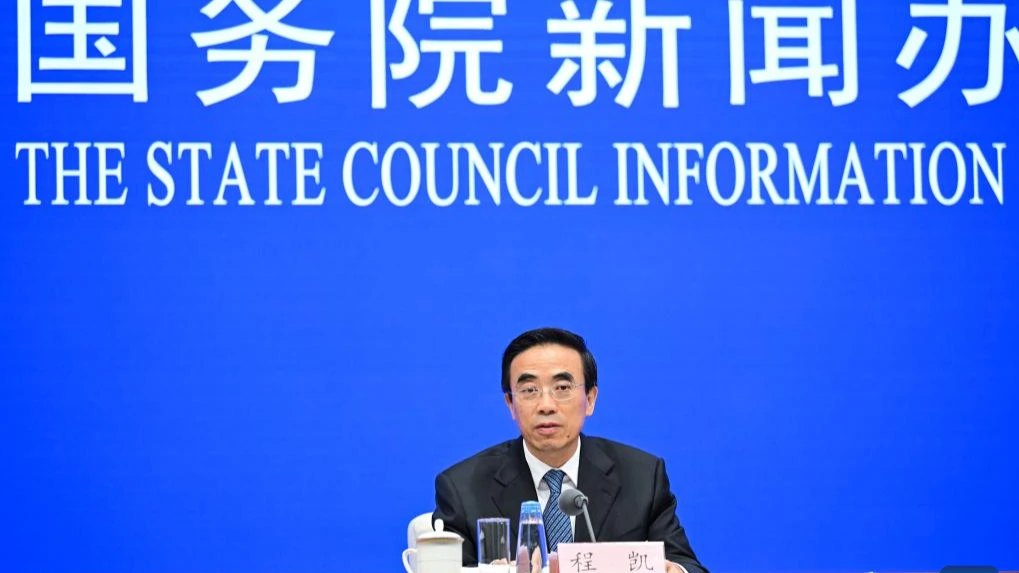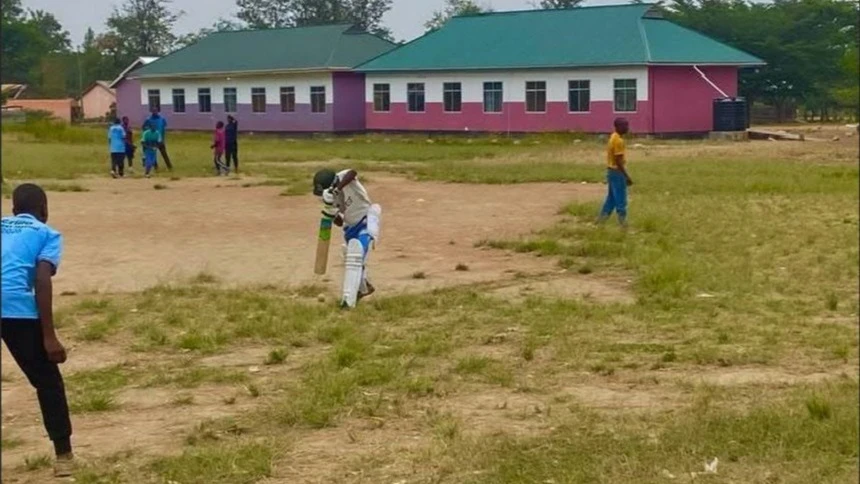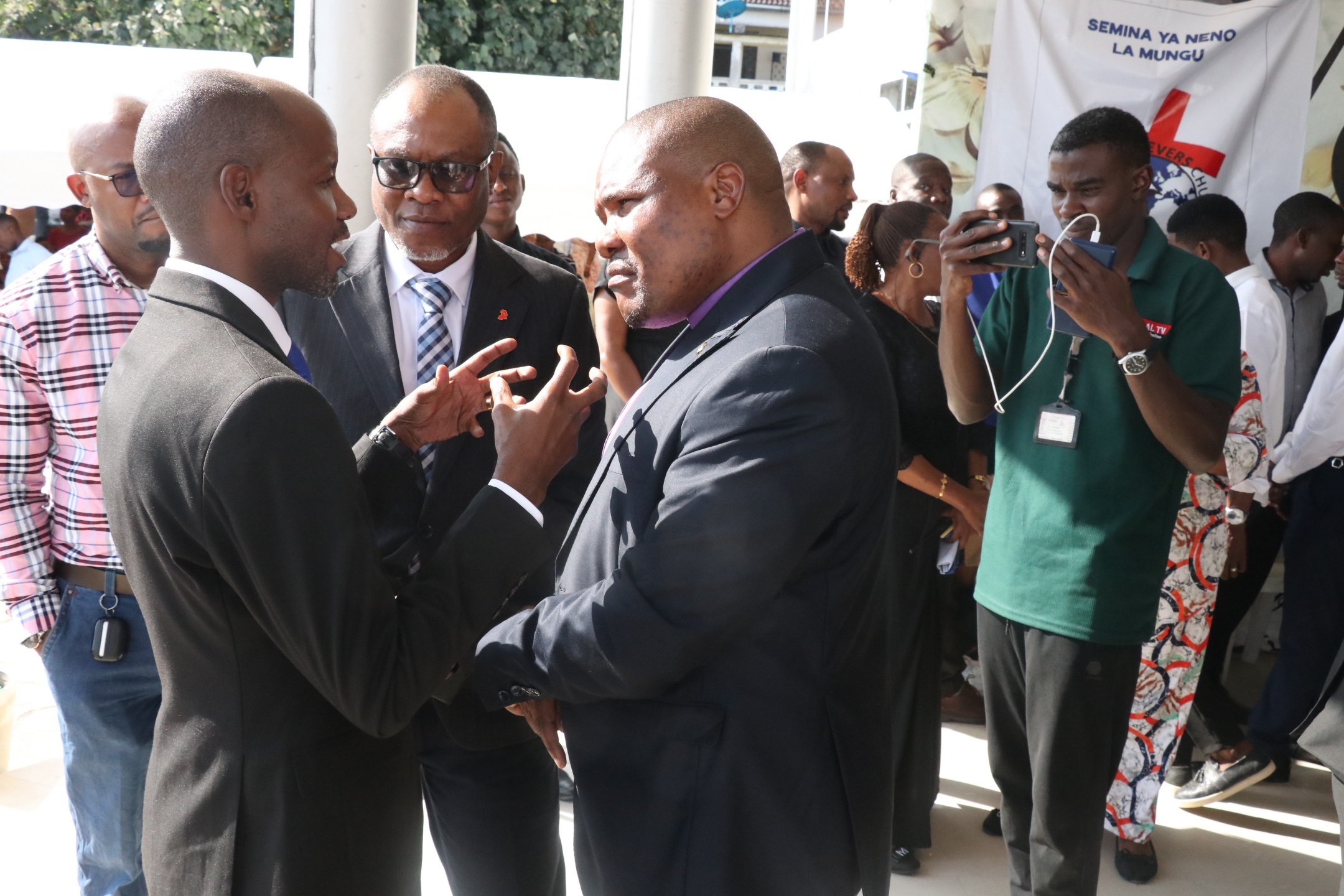Fatherhood: Balancing responsibilities, family care and modern challenges

IN a family setting, a father is the male parent whose role goes beyond mere biological ties. A father can be biological, adoptive, or a stepfather and his duties traditionally involve providing care, protection, and guidance to promote children’s development and welfare.
Fathers are often regarded as the most vulnerable members of the family, primarily because of the noble and weighty responsibilities placed upon them. This is compounded by the physical authority and societal expectations that confer upon men a leadership role in family structures. Religious scriptures and cultural norms alike have long described fathers as heads of families.
Fathers play a critical role in the growth and success of their families, contributing not only economically but also socially and culturally. However, the weight of these responsibilities can take a toll on their psychological well-being, affecting their social skills and overall sense of personal security.
Key responsibilities for fathers include providing financial support, offering emotional guidance, enforcing discipline, and serving as positive role models for their children and close relatives. Moreover, they are expected to nurture strong and loving partnerships with their spouses. These roles are multifaceted and evolve with time and circumstance.
While fulfilling their obligations, fathers often encounter numerous challenges. These include balancing work and family life, coping with financial pressures, maintaining emotional well-being, and adapting to modern parenting expectations.
Societal expectations, inadequate support systems, and the complexities of modern family structures further intensify these struggles. Many fathers handle these issues silently, burdened by emotional suppression and feelings of parental guilt.
One of the most difficult challenges fathers face today is financial insecurity. The constant demand to provide for their families causes stress, leaving many fathers overwhelmed by their inability to meet the daily needs of their loved ones. Despite these hardships, some fathers in various communities neglect their responsibilities and abandon their families, leaving children to fend for themselves without justifiable reasons.
Young fathers face particularly unique challenges. Balancing the demands of school, work, and raising children often leaves them feeling overwhelmed and uncertain about how to provide adequate care for their families. Parenthood at a young age can be daunting, especially when compounded by economic hardship and social pressures.
Perhaps the hardest part of fatherhood is accepting the reality of raising individuals who are entirely dependent on adult guidance. Fatherhood is a paradox of love—it is about giving, nurturing, and supporting children while knowing that one day the roles may reverse, with children providing care for their aging parents.
It is also disheartening to witness fathers struggling to adapt to their new roles, sometimes resulting in the breakdown of romantic relationships with their partners. The overwhelming demands of fatherhood often lead to exhaustion, leaving little time for personal leisure or intimacy. This is often due to the dual burden of professional stress and heavy family responsibilities, which can lead to mental health challenges. Unfortunately, many fathers hesitate to share these struggles with colleagues, friends, or even family members.
One of the most pressing social challenges today is the increasing number of men abandoning their families. This leaves women shouldering the entire burden of raising children and maintaining households. Studies from urban areas show that the rise in street children is directly linked to parental neglect. Many of these children migrate to cities in search of ways to survive, as their parents fail to provide the necessary care and guidance.
In cities like Dar es Salaam, the situation is alarming. The streets are home to countless children who should be in school but instead spend their days begging for food or doing menial jobs like washing cars to survive.
This harsh reality points to a serious lapse in parental care, especially from fathers who abandon their responsibilities, leaving grandmothers or other elderly relatives in rural areas to care for the children.
This crisis is one of the reasons Father’s Day is commemorated annually—to remind society of the crucial role fathers play in the family and the need to respect and honor that role. Globally, Father’s Day is celebrated on June 15 each year, marking a day dedicated to recognizing fatherhood and the influence of fathers in society.
The origins of Father’s Day trace back to Sonora Smart Dodd in the United States, who was inspired by Anna Jarvis’s efforts to establish Mother’s Day. Dodd sought to honor her father, a Civil War veteran who single-handedly raised her and her five siblings after their mother passed away. The first Father’s Day was proposed in 1909 and has since become a global tradition, with each country adopting its unique customs for celebrating the day.
In Tanzania, Father’s Day is celebrated in a distinctive manner under the coordination of the Ministry of Health, Community Development, Gender, Elders, and Children. The focus is not only on recognizing fathers but also on addressing the rising number of street children in urban centers. Activists take this opportunity to condemn violence against women and children and advocate for better family care.
Speaking during the commemoration, Minister Dr. Dorothy Gwajima highlighted the government’s strategic plans to tackle the problem of children living on the streets in various cities. She revealed that in the past three years, the government has rescued about 8,740 children from vulnerable conditions, and efforts to resolve the crisis are ongoing.
Dr. Gwajima emphasized that Father’s Day should serve as a catalyst to remind all fathers of their responsibilities toward their families. She also called for a national commitment to end violence against women and children.
In the context of marriage, the Minister urged couples to embrace tolerance and endurance to overcome challenges in their unions. She acknowledged that while some marital challenges are unavoidable, many are man-made and driven by a desire to suppress justice and fairness.
A recent study conducted by gender desks in the country found that acts of violence committed by fathers still persist within families. Such actions are contrary to the fundamental rights that every human being deserves.
Top Headlines
© 2025 IPPMEDIA.COM. ALL RIGHTS RESERVED

























